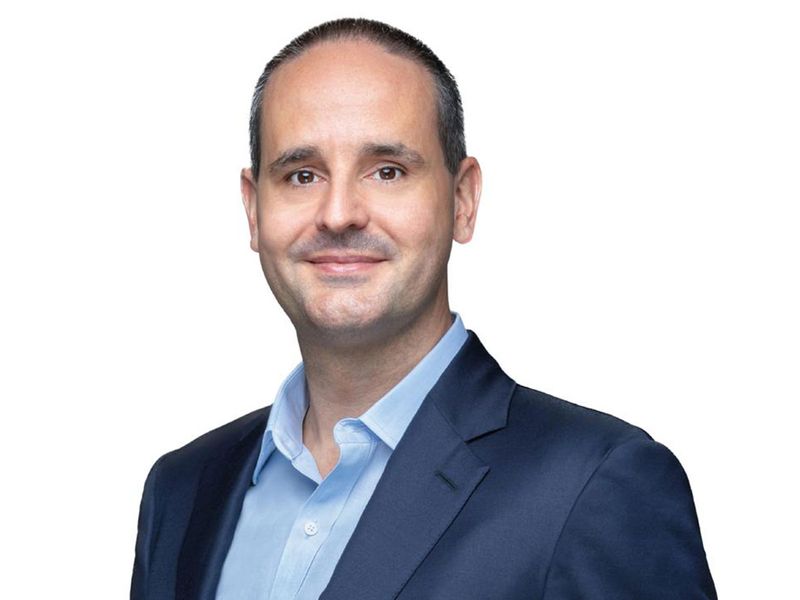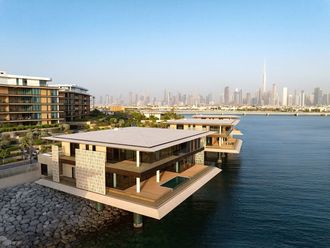
Dubai: Businesses and individuals in the UAE could be in for some relief on their insurance bills in 2025, with premium hikes starting to stabilize after the sharp pick in April following the rains and flooding.
“While insurance premiums (on major personal and business risks) will not go back to pre-April rain levels, the market will not be seeing more constant increases on premiums,” said Martin Rueegg, Group CEO of Liva, one of the biggest insurers in the Gulf. (Liva was formed in 2023 by combining Oman's National Life & General Insurance Company (NLGIC) and RSA Middle East. The entity has a significant presence in the UAE and Saudi Arabia, apart from its home market.)
“We will see premium levels stay where they are right now for personal lines, motor and others, and also for (business-focused) commercial lines going into 2025 and continue next year.”
If that does prove to be the case, UAE residents and businesses have reasons to hope that their biggest insurance-related payouts are behind them. For many, it meant they were confronted with sudden hikes of 10%-20% on their motor insurance or property risk cover. What was worse was that the higher premiums were coming at them simultaneously. Plus, for the better part of 4-5 years before that, premiums were on the lower side, across categories. (In fact, many UAE insurers used to provide sizeable discounts on motor insurance, but the industry regulator put a stop to that starting from 2023.)
After April’s rains, businesses also saw higher premiums instantly on renewals cutting across major insurance lines, including property damage. In categories such as motor insurance, renewals turned into painful affairs for vehicle owners, especially for those who had suffered significant damages during the April flooding.)

Insurance industry sources say they had no choice but to hike premiums in 2024, with the claims just after the April rains running into the billions of dirhams. “Those payouts on motor and property damages and for business disruptions had to be paid out,” said the CEO at a leading Dubai-based insurer. “This is why the premium increases had to be done immediately, and insurers can hope to start with a relatively clean slate in 2025.”
Insurance cover against 'natcats'
Rueegg broadly concurs with such a sentiment. But there are caveats.
“In the past, insurers didn’t look at the GCC markets and say they were exposed to 'natcats' or natural catastrophes,” said Rueegg. “But we have seen heavy rains, hailstorms in Saudi Arabia and Oman, and not just the April rains in Dubai. This region is seeing a fair share of typhoons and (cyclonic) depressions coming through. What we saw happening now in Dubai could happen in many other places as well.
“So as a consequence, these markets and premiums are very much driven by what reinsurers demand of insurers in the region.” (Reinsurers provide insurance firms with the support to manage their annual claims and risk portfolios. Each insurer needs to renew annual contracts with reinsurers, either from January 1 or July 1. If reinsurers reduce their exposure to an insurer for any reason, the latter will find it extremely difficult to manage operations and service clients.)
Not like in Europe – or California
Thankfully, even with the higher premiums and reinsurer demands, “GCC levels are definitely not like in the European markets or in the US, where in California you can't buy fire insurance anymore,” said Rueegg.











